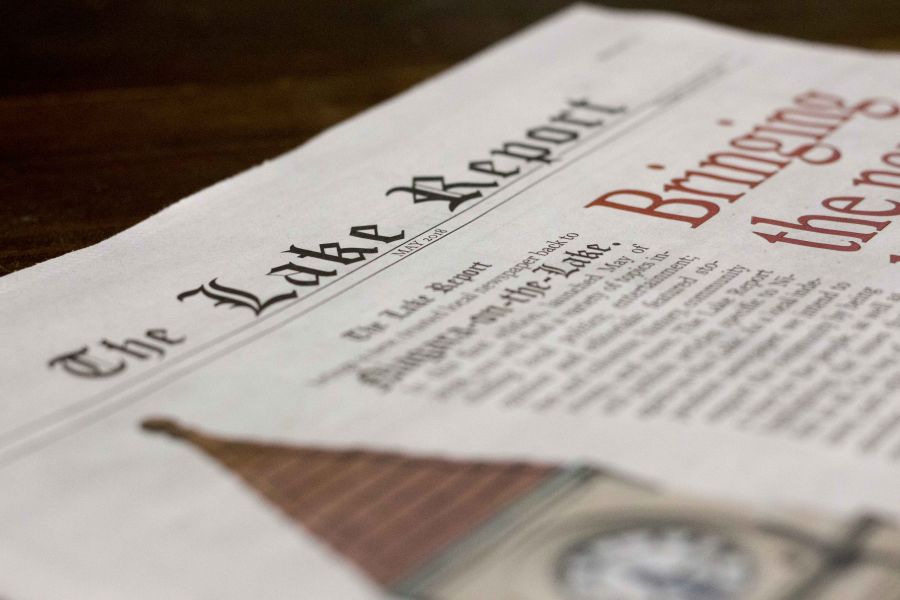First in a series
As we reported last week, the town is missing out on an estimated $600,000 in annual revenue because of the previous council’s poor decision to not apply its 2 per cent municipal accommodation tax to all short-term rental businesses.
You read that right — Niagara-on-the-Lake is missing out on more than half a million dollars so far, largely because of influence from the short-term rental industry on our past and current council.
In other words, while our town’s politicians are comfortable with hiking the public tax levy by more than 8 per cent, they also seem content in their failure to apply the accommodation tax in a fair manner to all accommodation businesses across the board.
Hotels currently collect the tax and through it generated about $200,000 for the town since it was implemented last July.
That’s real money that can be used in a lot of ways to help our town grow.
It’s a fee that is collected per room, per stay.
Yet, the baffling way it works right now is that short-term rentals (regardless of whether they are owner- or tenant-occupied) aren’t being asked to collect the same two per cent tax from guests if they have four rooms or less.
The result is that almost all short-term rentals are exempt from having to collect the tax, while hotels are forced to charge it on every room.
Research in 2021 by The Lake Report found just 12 of 255 licensed rentals would have to charge the tax.
Now, the total number of rentals has jumped – to 347 as of February 2023 – with just 29 rentals that might be eligible to collect the tax (those 29 could have four to six rooms, but it’s unclear how many rooms each has).
Instead of collecting the tax and temporarily rezoning the properties as commercial, the town charges operators a pitifully nominal licence fee of $274 per room for the entire year.
That is pennies on the dollar to what the town would bring in if it were to treat those businesses the way it treats every other business.
The problem with not making rental operators collect the tax is that it’s unfair to competitors and continues a perversive pattern of this town giving short-term rentals special treatment.
And let’s be honest, the tax is a good thing for our town. Lots of destinations charge a similar tax and NOTL should absolutely charge it, and should increase it to 4 per cent now, not in a few years, as planned.
That $200,000 generated by hotels since the tax went into effect last year would be $400,000 and the revenue from rentals would be over $1 million — money that can be used to fund tourism-related infrastructure and activities in town.
And in NOTL, just about anything can be justified from that. That means road repairs in just about any area tourists might drive, it means signage, repair work, culverts — almost anything that in some way affects tourism could be justified as a legitimate expense to come from those coffers.
So, why is the town forfeiting $600,000? Is it to satisfy the short-term rental industry? That’s rhetorical.
The town needs to charge its accommodation tax to all accommodation businesses, regardless of their size.
Anything else is unfair. And when things are unfair, litigation looms.
Next week we’ll look at how NOTL’s unfair taxation of accommodation businesses puts hotels at a disadvantage and how that could lead to legal troubles down the road.











